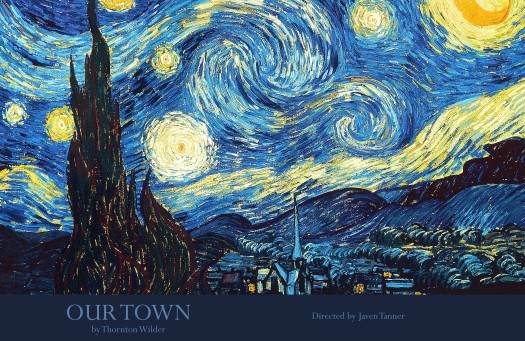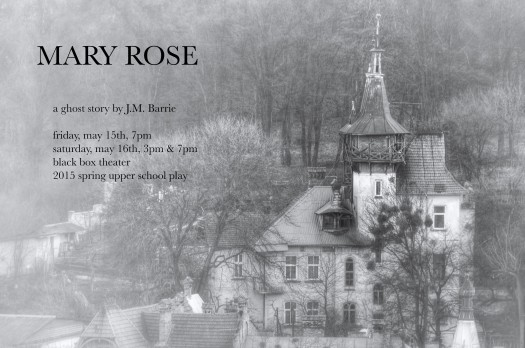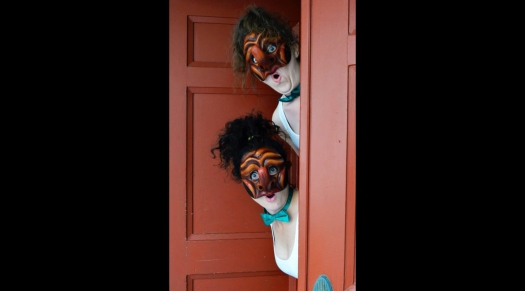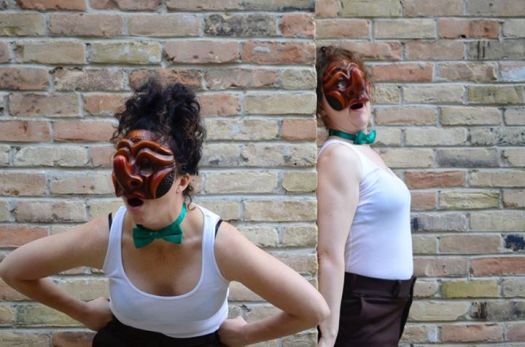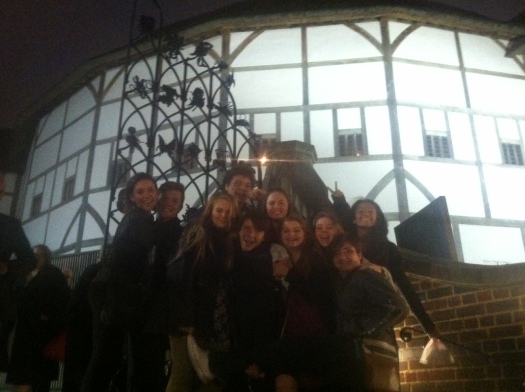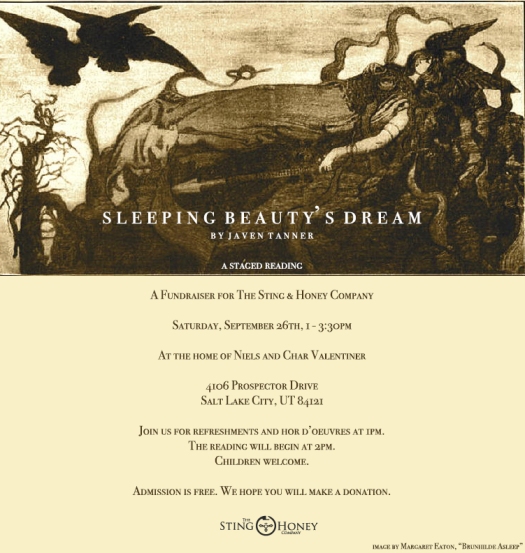I have been thinking about Shakespeare, isolation, and…consummation.
Richard II, alone in his cell, knowing he’s going to die.
“but whate’er I be,
Nor I nor any man that but man is
With nothing shall be pleased, till he be eased
With being nothing.”
Richard III, waking from a nightmare, realizing he is alone with himself, a murderer. (“I am I.”)
“Cold fearful drops stand on my trembling flesh.
What do I fear? myself? there’s none else by:
Richard loves Richard; that is, I am I.
Is there a murderer here? No. Yes, I am:
Then fly. What, from myself? Great reason why:
Lest I revenge. What, myself upon myself?
Alack. I love myself. Wherefore? for any good
That I myself have done unto myself?
O, no! alas, I rather hate myself
For hateful deeds committed by myself!”
Hermione, alone, falsely accused and tormented by the one she loved more than anyone else.
“Sir, spare your threats:
The bug which you would fright me with I seek.
To me can life be no commodity:
The crown and comfort of my life, your favor,
I do give lost; for I do feel it gone,
But know not how it went….
Tell me what blessings I have here alive,
That I should fear to die? Therefore proceed.
But yet hear this: mistake me not; no life,
I prize it not a straw…”
And then Hamlet, most dangerous of all, alone with Shakespeare’s grief. We see many things in the play––things that are clear to him, too––which might have caused Hamlet to lose his mirth. But he says he doesn’t know why he has lost it. He refuses to name it.
“I have of late––but
wherefore I know not––lost all my mirth, forgone all
custom of exercises; and indeed it goes so heavily
with my disposition that this goodly frame, the
earth, seems to me a sterile promontory, this most
excellent canopy, the air, look you, this brave
o’erhanging firmament, this majestical roof fretted
with golden fire, why, it appears no other thing to
me than a foul and pestilent congregation of vapors.”
And earlier he says:
“O, that this too too solid flesh would melt
Thaw and resolve itself into a dew!
Or that the Everlasting had not fix’d
His canon ‘gainst self-slaughter! O God! God!
How weary, stale, flat and unprofitable,
Seem to me all the uses of this world!”
But the great moment, and the most lonely, is “To be or not to be.” I have spent the last few years steeped in Plato and Aristotle. One of the great pleasures of this has been the realization as I read them that Shakespeare was reading them around the time he wrote Hamlet. (Both philosophers, for example, play with “to be” and “not to be” at length. Plato even says that for “to be” and “not to be” to be, they must be the same thing.) But I am back to my original belief that it is Aristotle’s “to be” that Shakespeare is unraveling here. I say “unraveling” because there does seem to be some playful malevolence coming from the master playwright directed toward the master philosopher.
(By the way, for me, there are no two more important and astonishing minds than Shakespeare and Aristotle. In that order. Shakespeare was the most Aristotelian of the writers. So much so that he knew better than to take “Poetics” too seriously.)
Anyway, for Aristotle the purpose of our being––of our “to be”––is to be happy. This is no light thing. It was no light thing for Shakespeare either, and it is Hamlet’s greatest problem. (Remember, it is by no means clear that the terrible events of the play are the actual or original causes of Hamlet’s grief.) So in the famous soliloquy, he lists some of the the things––the “outrageous fortune”––that get in the way of having a life worth living. He even gives us the image of lying there, grunting and sweating, as a “weary life” has its way with us.
Now, as it happens, that “outrageous fortune,” that bad luck, is Aristotle’s greatest problem. For Aristotle, it is the uncontrollable turns of fortune that are the biggest impediments to sustaining happiness.
But Aristotle was ultimately an optimist. He believed that the happiest people know how to use turns of fortune, even terrible turns. And the key thing to understand for Aristotle is that happiness is action. “To be” happy is to act. (Don’t get me started on how wonderful this is in a play that, in many ways, is about acting in the theatrical sense. “Suit the action to the word, the word to the action.”) But, yes, again, for Aristotle happiness is action.
It is no coincidence that Hamlet’s great meditation on mortality ends with the words “and lose the name of action.” The key to happiness, action, is lost through the “pale cast of thought.” And what does Shakespeare make that action? Suicide. Suicide is the action that brings happiness.
“To die. To sleep.
No more. And by a sleep to say we end
The heartache and the thousand natural shocks
That flesh is heir to––’tis a consummation
Devoutly to be wish’d.”
It’s also worth pointing out here, that Shakespeare brings Plato back in this moment by making Aristotle’s “action” the key to life and death at the same time. “To be” and “not to be” become one.
Anyway… Tomorrow is Easter. Cordelia is a symbol of resurrection, right? And what does Lear say to her? He says the saddest words ever written:
“Thou’lt come no more.
Never, never, never, never, never.”













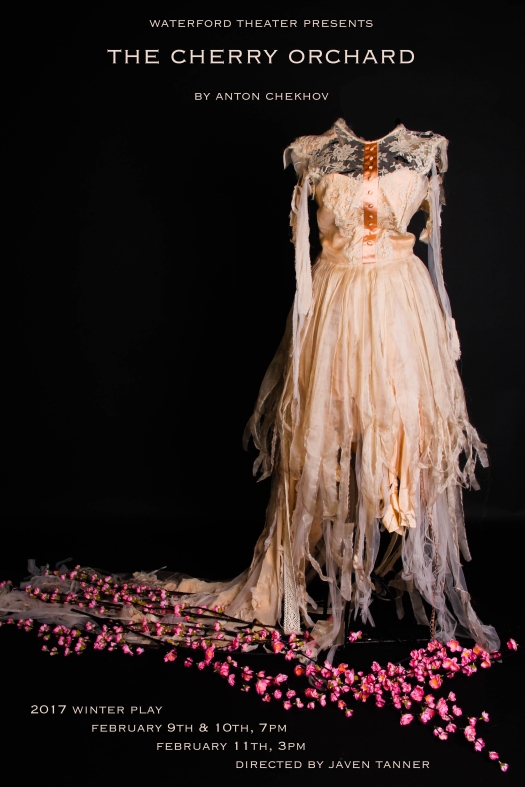








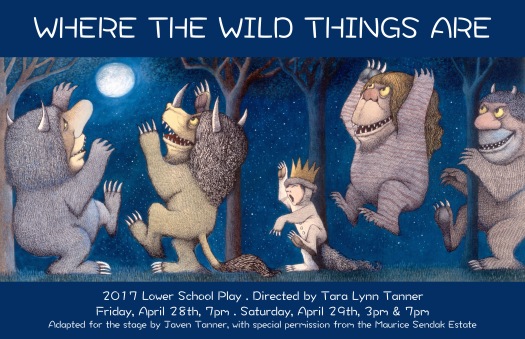









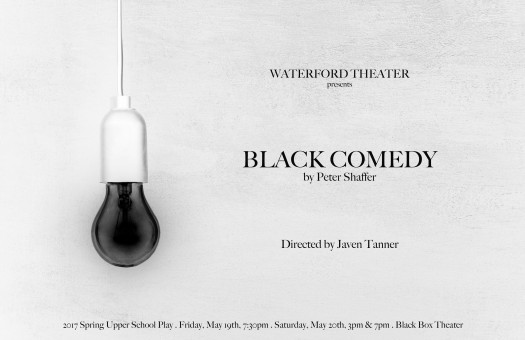












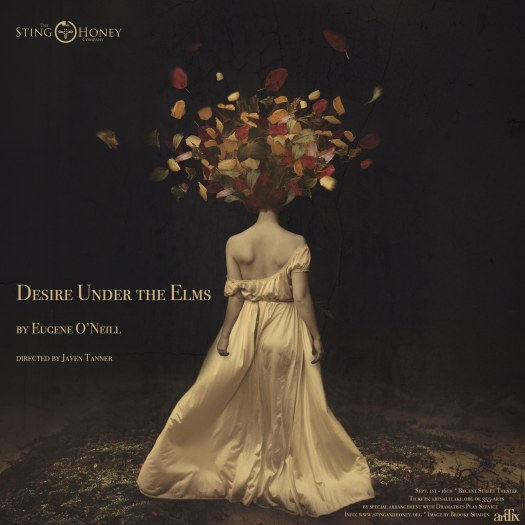

















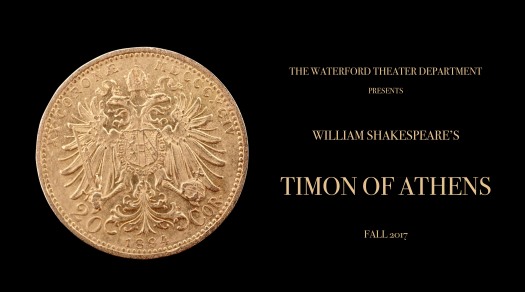







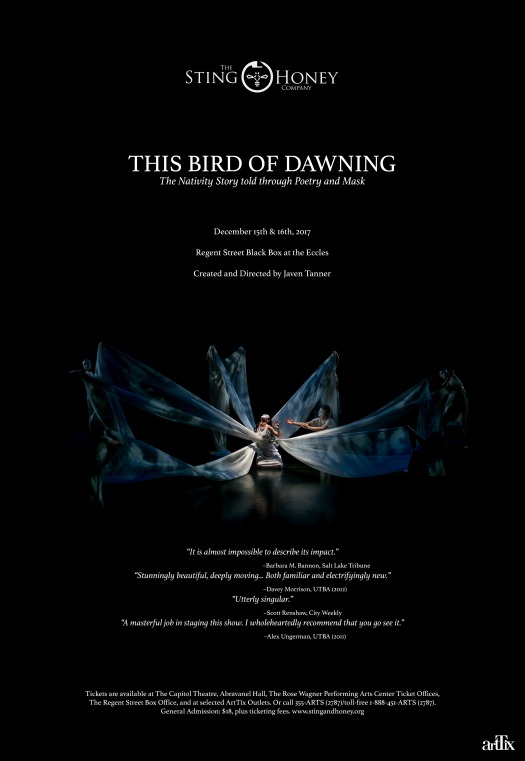

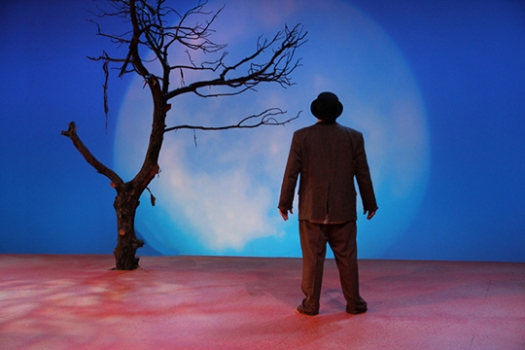
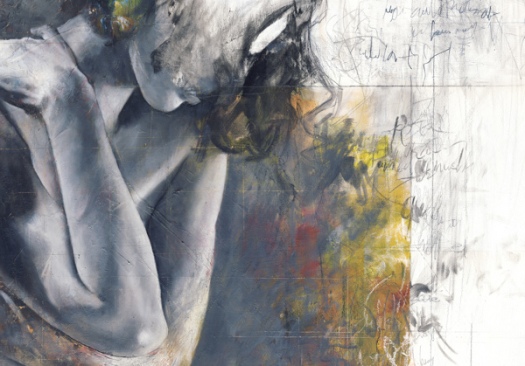
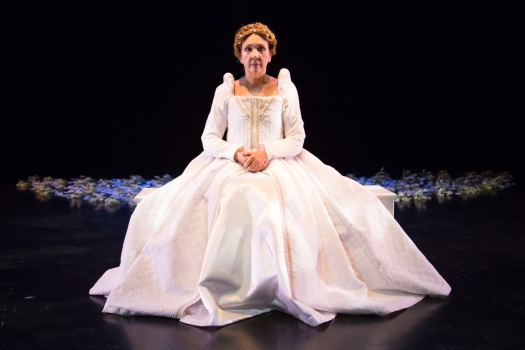 *
*











































































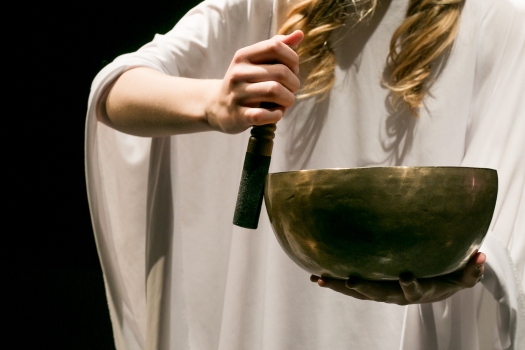
 I’ve been thinking about Mars for the past few months. Not the planet, though. I’ve been thinking about the god (Ares, to be more specific).
I’ve been thinking about Mars for the past few months. Not the planet, though. I’ve been thinking about the god (Ares, to be more specific).
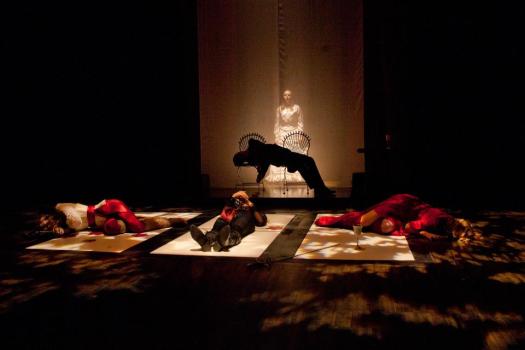
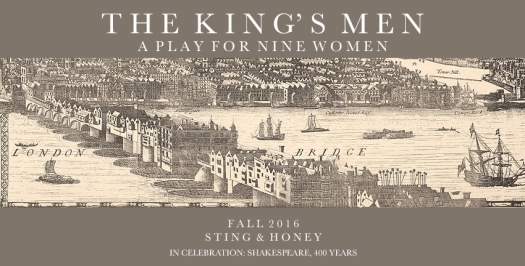
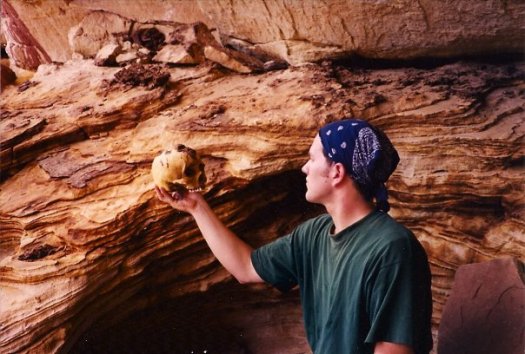
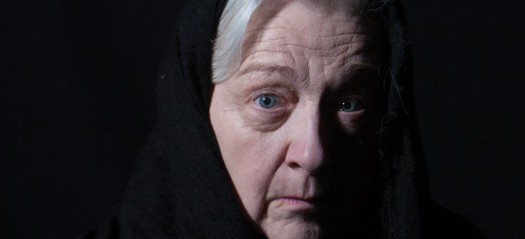
 We closed a production of Twelfth Night last night. And today its excellent songs linger in its wake: O Mistress Mine, Come Away Death, and The Wind and the Rain. When we talk about Shakespeare, we usually talk about his plays and poems. But his lyrics are rarely discussed.
We closed a production of Twelfth Night last night. And today its excellent songs linger in its wake: O Mistress Mine, Come Away Death, and The Wind and the Rain. When we talk about Shakespeare, we usually talk about his plays and poems. But his lyrics are rarely discussed.